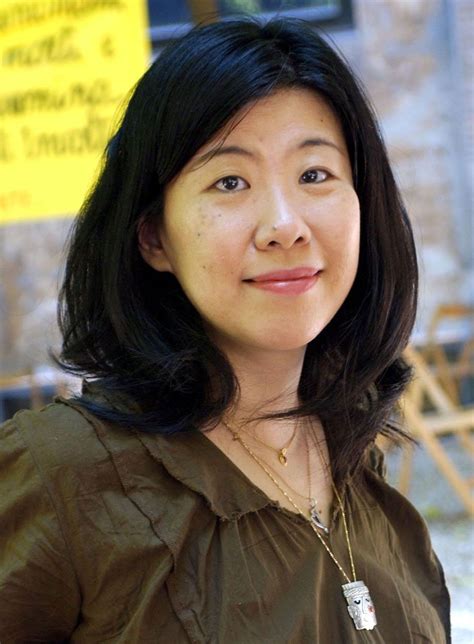A Quote by Mark Twain
No one can write perfect English and keep it up through a stretch of ten chapters. It has never been done.
Related Quotes
I think Ive done the best I could have done. But I keep wanting to play better, go further. There are so many sounds I still want to make, so many things I havent yet done. When I was younger I thought maybe Id reached that peak. But Im 86 now, and if I make it through to next month, Ill be 87. And now I know it can never be perfect, it can never be exactly what it should be, so you got to keep going further, getting better.
Everest silences you...when you come down, nothing seems worth saying, nothing at all. You find the nothingness wrapping you up, like a sound. Non-being. You can't keep it up, of course. the world rushes in soon enough. What shuts you up is, I think, the sight you've had of perfection: why speak if you can't manage perfect thoughts, perfect sentences? It feels like a betrayal of what you've been through. But it fades; you accept that certain compromises, closures, are required if you're to continue.
For ten years I had been protected, wrapped up in something like a blanket that had been stitched together from all kinds of different things. But people never notice that warmth until after they've emerged. You don't even notice that you've been inside until it's too late for you ever to go back-- that's how perfect the temperature of that blanket is.
if you don't keep and guard and mature your force, and above all, have time and quiet to perfect your work, you will be writing things not much better than you did five years ago. ... you must write to the human heart, the great consciousness that all humanity goes to make up. Otherwise what might be strength in a writer is only crudeness, and what might be insight is only observation; sentimemnt falls to sentimentality - you can write about life, but never write life itself.
Dalai Lama has made new opportunities for women that they never had in Tibet, introduced science into the monks' curriculum and had Tibetan students in exile take their classes in English after the age of ten so that they will know more about the outside world. But one of the great things he's done is to bring all the Tibetan groups together in exile, as perhaps they couldn't have been when they weren't in exile and they weren't under such pressure.






































